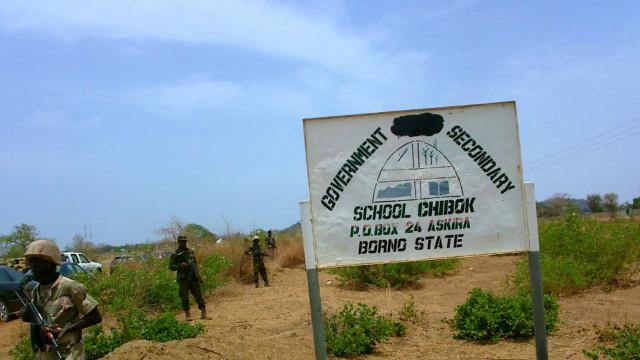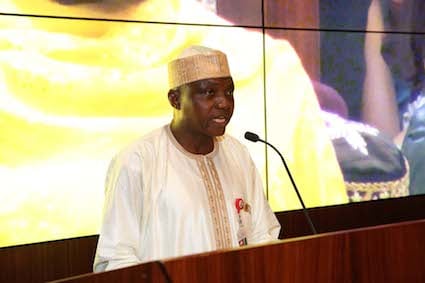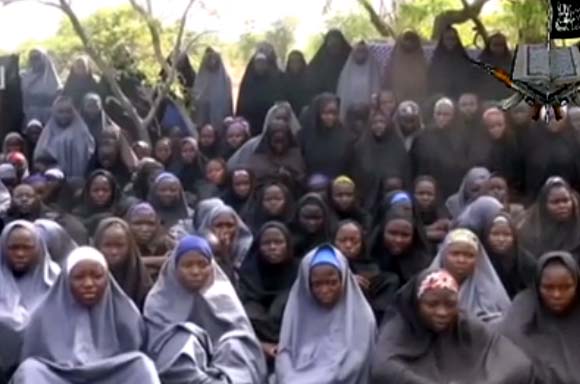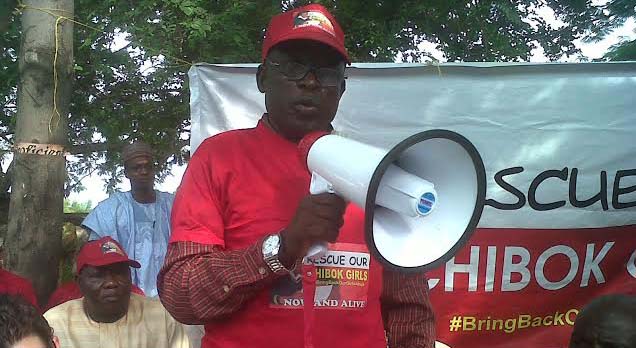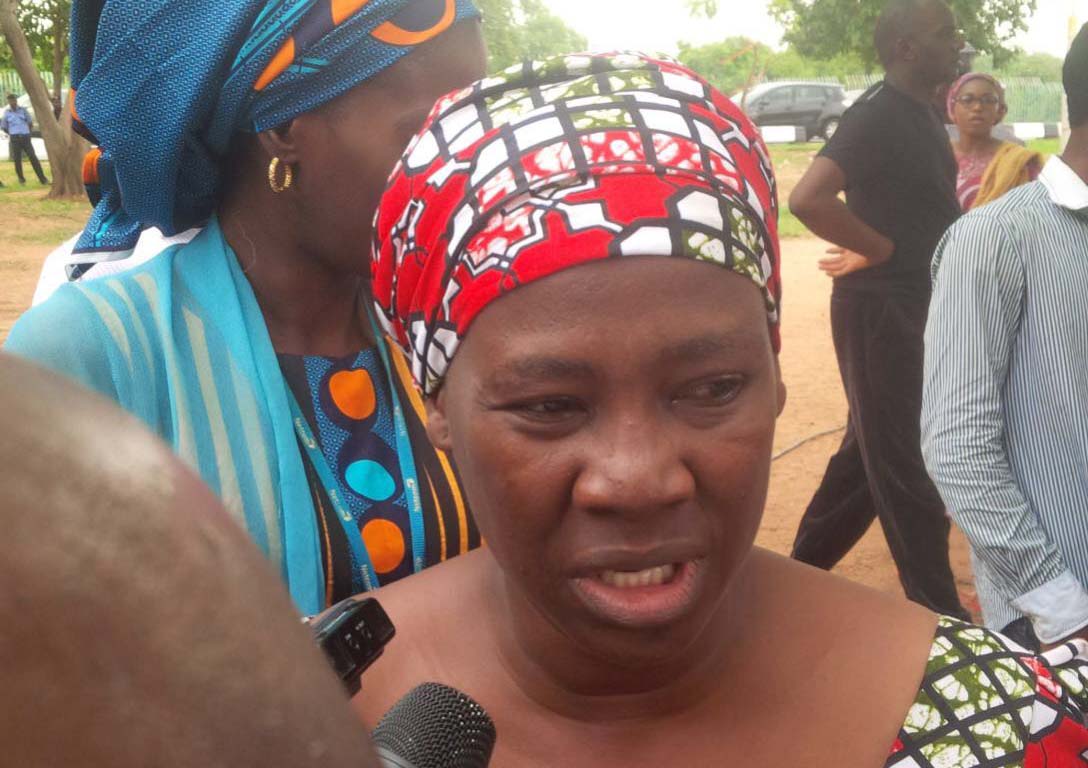Boko Haram attacks and the Nigerian military tactics are depriving over 1 million children in the north-east an education, a research, done by the Human Rights Watch (HRW), has shown
Boko Haram, translated to mean ‘western education is a sin’, targets schools and teachers for its attacks and abducts school children, mostly girls who are forcefully married and raped, at will.
According to HRW, since the attacks peaked in 2009 and up until 2015, more than 910 schools have been destroyed in explosions and at least 1,500 others forced to close.
Worse, by early 2016, HRW says an estimated 952,029 school age children have fled the violence. They also have no access to education.
Advertisement
“At least 611 teachers have been deliberately killed and a further 19,000 have been forced to flee since 2009. More than 2,000 people, many of them female, have been abducted by the group, many from their schools from the beginning of the conflict.” HRW said in its report.
While the attacks by Boko Haram are considered damning, the tactics of the Nigerian government, according to HRW, are worrying and contrary to the Safe Schools Declaration that Nigeria endorsed and got money to uphold in 2015.
“Nigerian security forces have also been implicated in crimes in its operations against Boko Haram, including the killing, harassing, and intimidation of Quranic school teachers and students. Government forces have also used schools for military purposes, which is contrary to the Safe Schools Declaration that Nigeria endorsed in 2015 and may place schools at risk of attack,” HRW says.
Advertisement
The rights organisation says insurgent’s attacks and schools being uses for military purposes have greatly affected children’s right to education and in turn a better life.
HRW says the Nigeria government has failed to adequately protect schools.
“As a result of displacements caused by Boko Haram attacks on schools and other targets, many children have limited schooling in displacement camps or in private homes and communities where they are hosted by friends, families, and others across northern Nigeria,” the organisation stated.
“In such camps, schools consist of children grouped according to their age in large rooms or underneath trees for three to four hours of lessons per day, in most cases three times a week. School materials such as paper and pencils are provided in United Nations Children’s Fund (UNICEF) supplied bags, but there are no textbooks for the children, or other teaching aids for teachers.”
Advertisement
Schools closed
In Borno state, the most affected by Boko Haram attacks, schools at all levels were closed, two years ago, in 22 of the 27 local government areas.
The state government only just opened secondary schools in Maiuguri, the state capital, in February 2015.
“In Yobe state, primary and junior secondary schools have virtually disappeared in two local government areas since 2013 when public senior secondary schools were relocated from Gujba and Gulani to Damaturu, the state capital,” HRW says.
Advertisement
Add a comment
